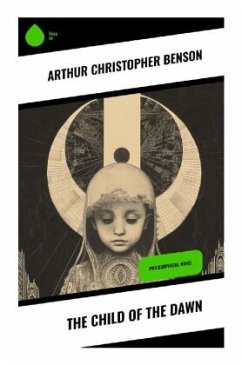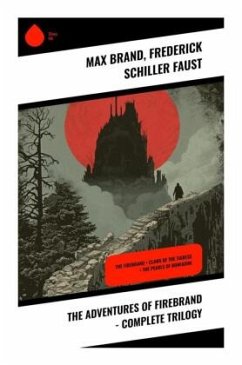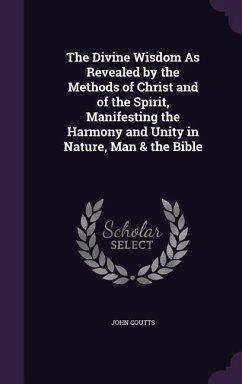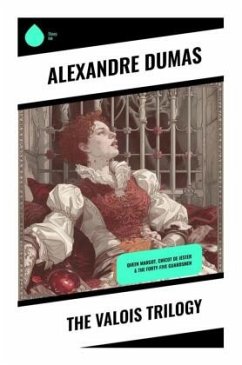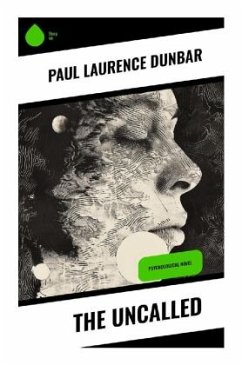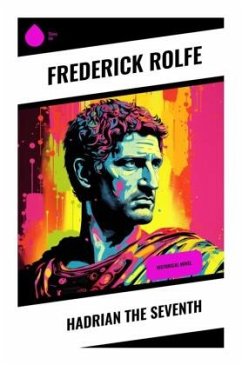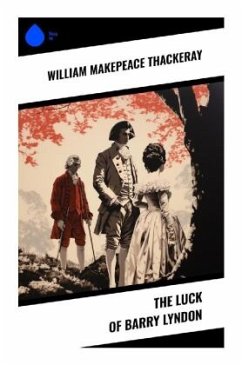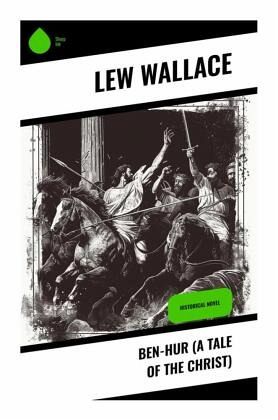
Ben-Hur (A Tale of the Christ)
Historical Novel
Versandkostenfrei!
Versandfertig in 6-10 Tagen
18,00 €
inkl. MwSt.

PAYBACK Punkte
0 °P sammeln!
In "Ben-Hur: A Tale of the Christ," Lew Wallace weaves a rich tapestry of adventure, faith, and redemption set in the backdrop of ancient Rome. The narrative follows Judah Ben-Hur, a Jewish prince who endures betrayal and enslavement, only to seek vengeance and, ultimately, spiritual fulfillment. Wallace's vivid and gripping prose captures the theological implications of Christ's life during a time of political unrest, with notable literary references to classic epic traditions and modern influences, reflecting the shifting paradigms of 19th-century America. The novel deftly intertwines suspen...
In "Ben-Hur: A Tale of the Christ," Lew Wallace weaves a rich tapestry of adventure, faith, and redemption set in the backdrop of ancient Rome. The narrative follows Judah Ben-Hur, a Jewish prince who endures betrayal and enslavement, only to seek vengeance and, ultimately, spiritual fulfillment. Wallace's vivid and gripping prose captures the theological implications of Christ's life during a time of political unrest, with notable literary references to classic epic traditions and modern influences, reflecting the shifting paradigms of 19th-century America. The novel deftly intertwines suspenseful action with profound moments of reflection, culminating in the iconic chariot race that serves as a climax both thrilling and spiritually resonant. Lew Wallace, an American lawyer and politician, was inspired to write "Ben-Hur" partly in response to his own search for faith and understanding amid personal turmoil and societal complexity. His extensive travels and interactions with diverse cultures enriched his perspective on history and religion, infusing the narrative with authenticity and humane depth. Wallace's own conversion experiences added layers of personal reflection to the story, making it a profound meditation on faith and divine purpose. "Ben-Hur: A Tale of the Christ" is highly recommended for readers who seek not just an exhilarating historical novel, but also a deep exploration of themes such as sacrifice, love, and the nature of belief. Its engaging characters and morally complex scenarios invite readers to ponder their own convictions while immersing themselves in a compelling narrative that has resonated with audiences for generations.



